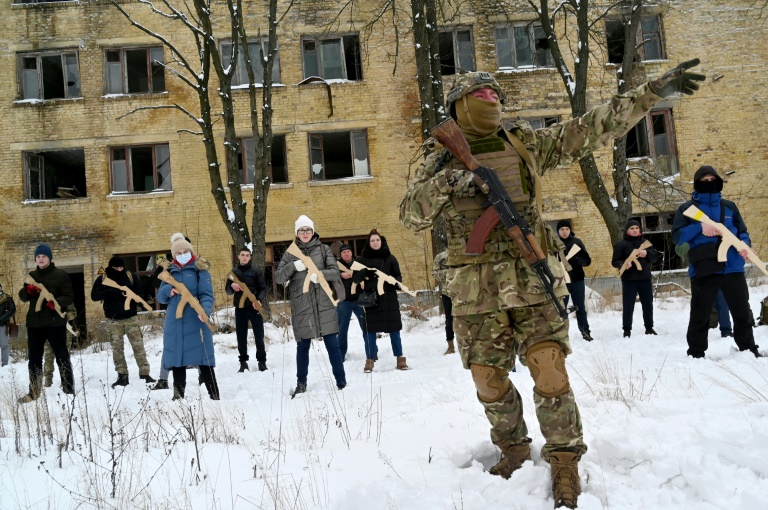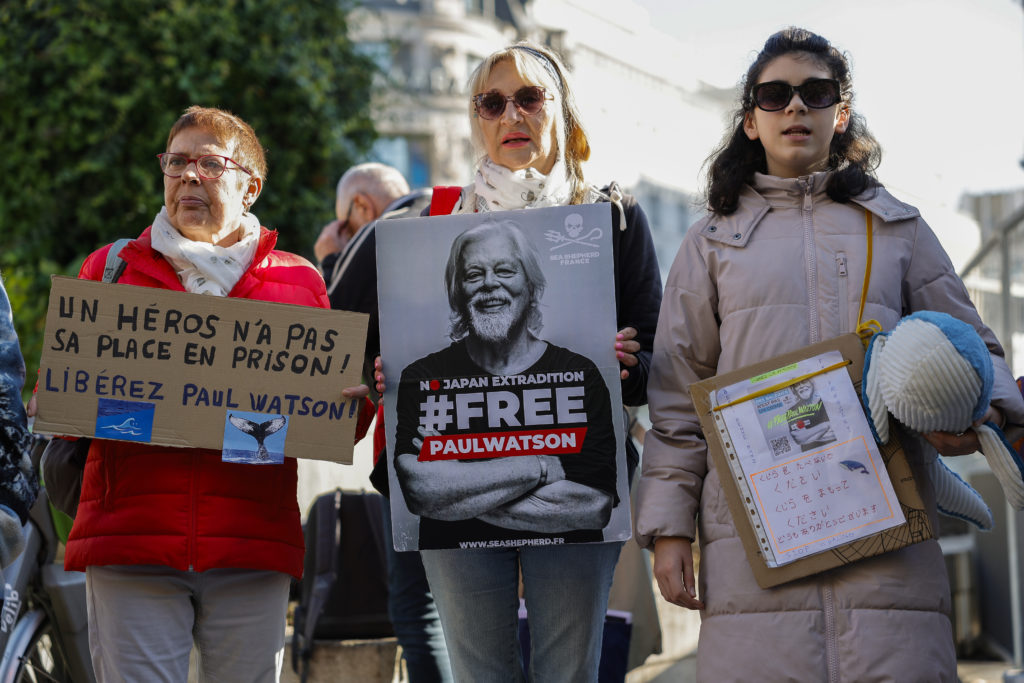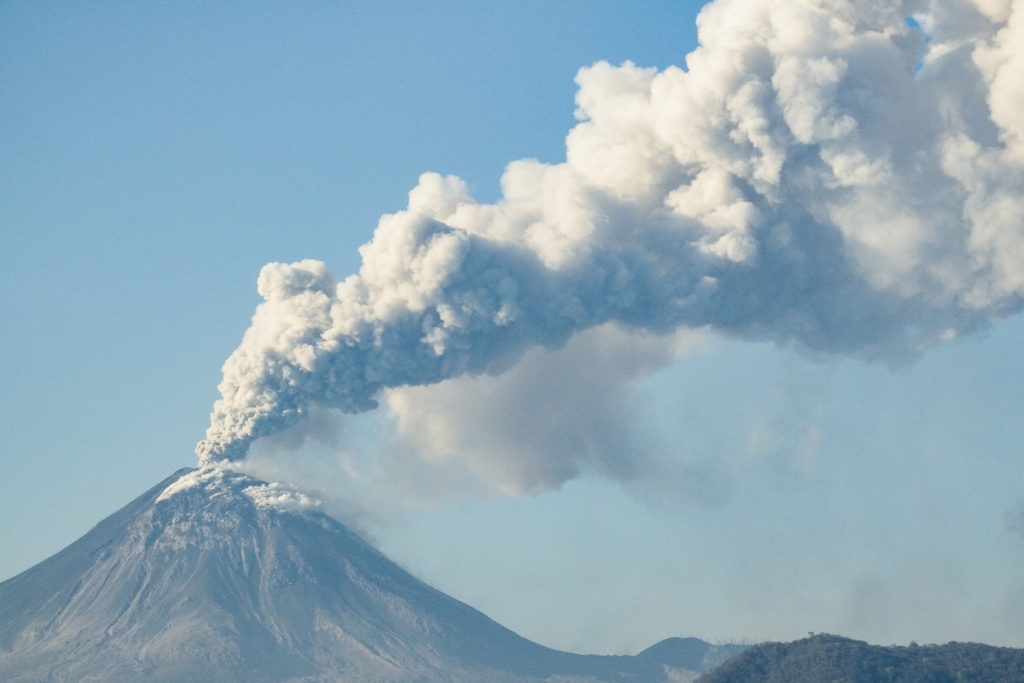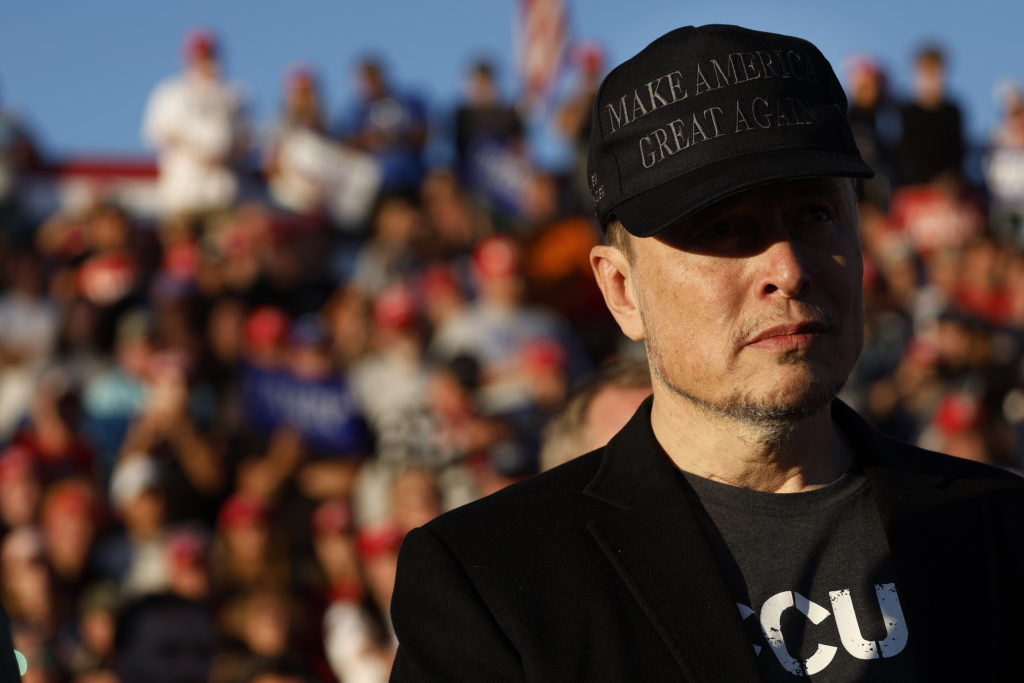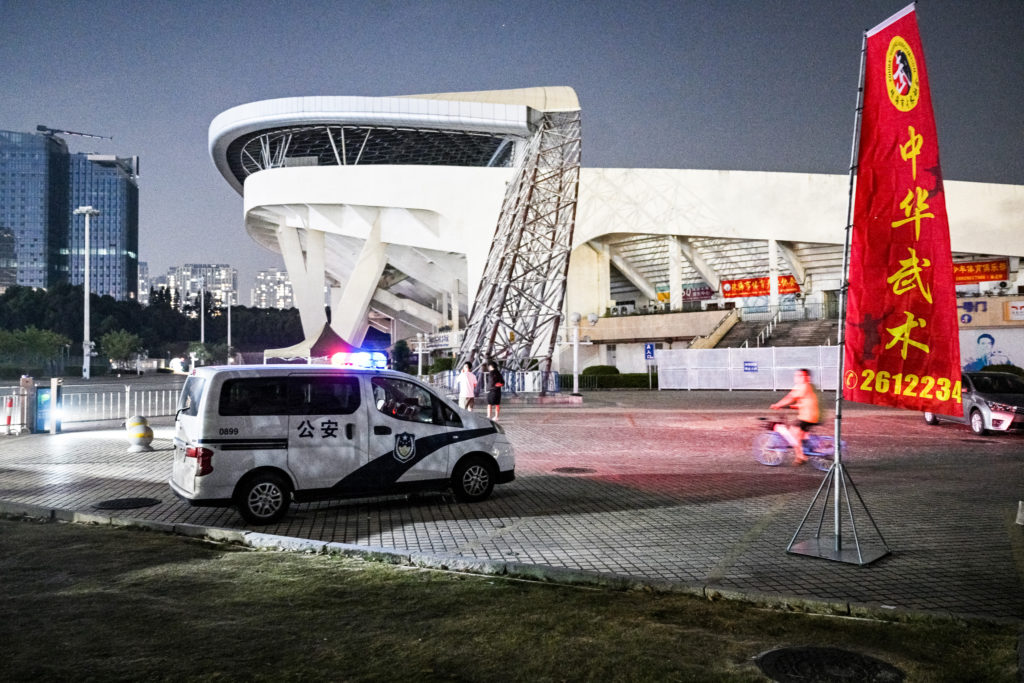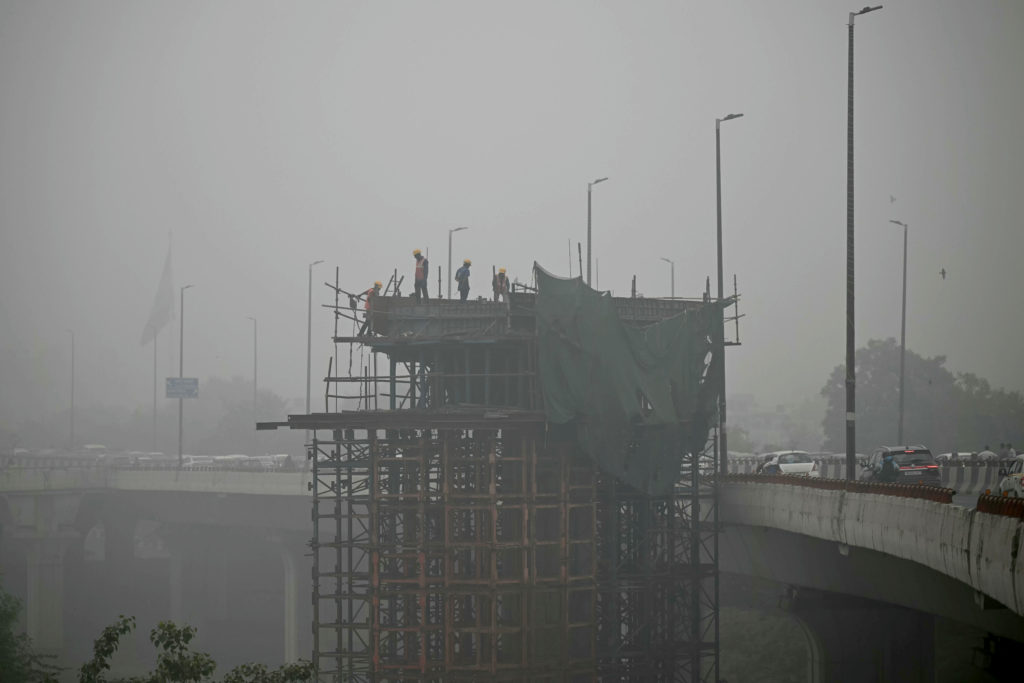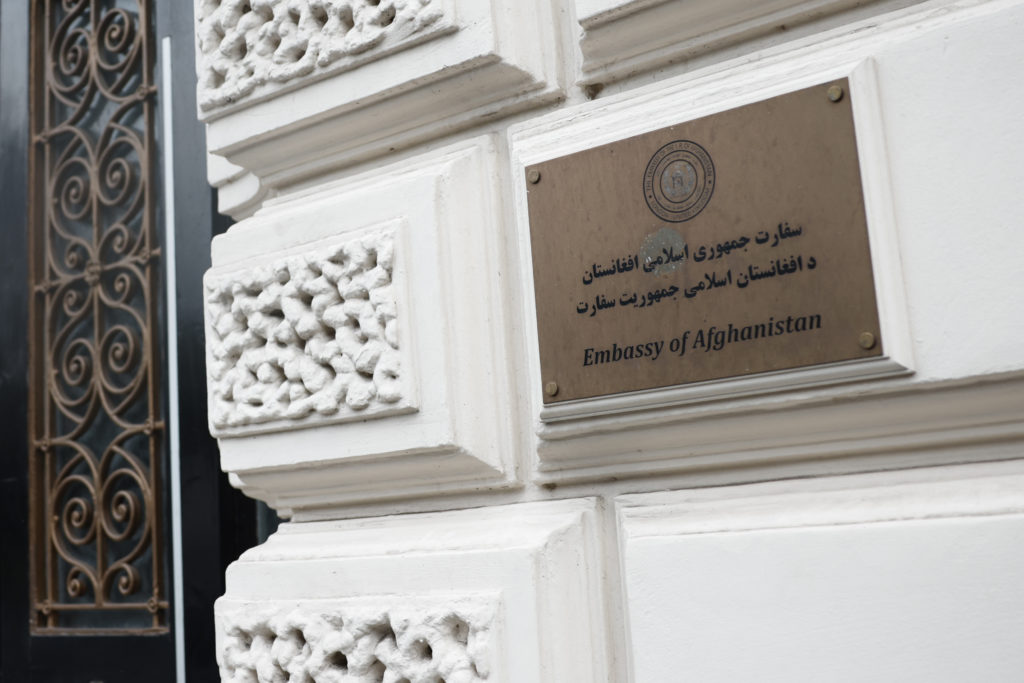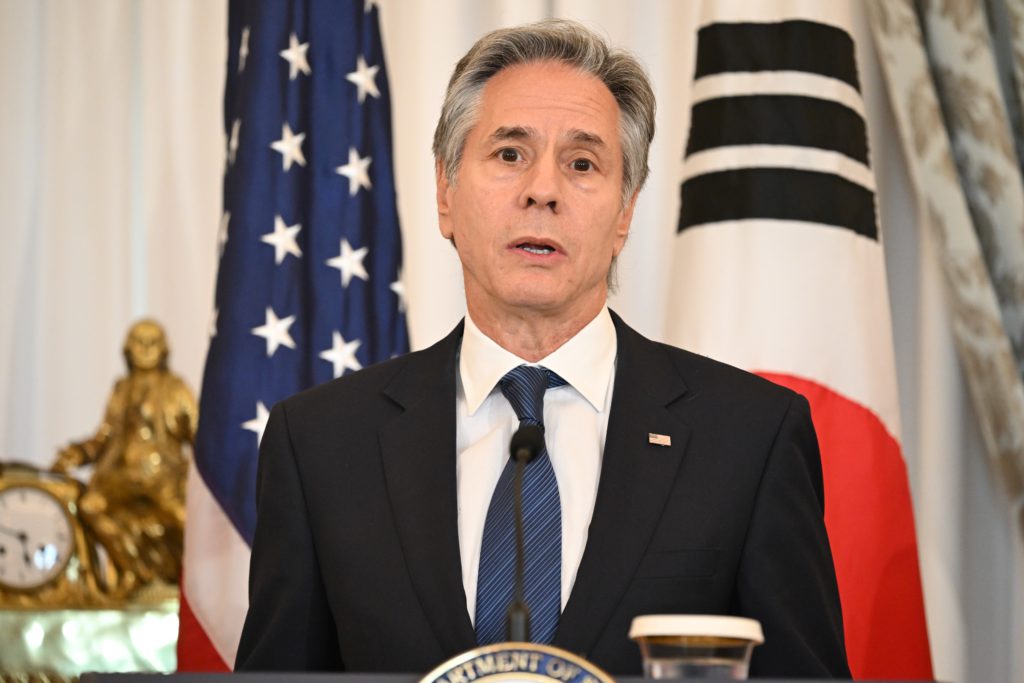Russia and the United States faced off Monday at the UN Security Council over Moscow’s troop buildup on the Ukrainian border, as Western nations intensified their high-stakes diplomatic push to avert open conflict in Europe.
With tensions soaring, the United States had vowed to push back against any “disinformation” Moscow put forward in one of the most closely watched United Nations sessions in years.
The US-requested meeting came with fears growing of an imminent incursion into Ukraine, despite Kremlin denials.
US President Joe Biden released a statement as the talks began warning Russia that it was facing harsh reprisals unless it demonstrated openness to a diplomatic solution.
“If Russia is sincere about addressing our respective security concerns through dialogue, the United States and our allies and partners will continue to engage in good faith,” Biden said.
“If instead Russia chooses to walk away from diplomacy and attack Ukraine, Russia will bear the responsibility, and it will face swift and severe consequences.”
Russia had tried to block the 15-member Security Council from holding the meeting at all — with its envoy to the UN Vasily Nebenzya accusing the United States Monday of trying to “whip up hysteria” by pushing the debate.
But Washington’s UN envoy Linda Thomas-Greenfield said Moscow’s troop buildup justified the meeting, and Russia’s blocking move was rejected with 10 out of 15 members backing Washington.
“This is the largest… mobilization of troops in Europe in decades,” the ambassador said. “And as we speak, Russia is sending even more forces and arms to join them.”
She told the Council Russia’s military buildup had been paired with “aggressive rhetoric” as part of an escalation often seen from Russia when it seized Crimea in 2014.
And she accused Russia of planning to build its military force in Belarus to 30,000 within weeks as a part of its threat to Ukraine.
– ‘Putin will not stop’ –
In parallel with the UN meeting, US Secretary of State Antony Blinken was preparing for fresh talks Tuesday with Russian counterpart Sergei Lavrov — the latest of a flurry of diplomatic contacts between Moscow, Washington and Brussels over Ukraine, and broader European security concerns.
The United States and its allies have ramped up joint efforts to deter any Ukraine invasion, with Washington and London warning Sunday it would be punished with “devastating” economic sanctions.
In London, Foreign Secretary Liz Truss said Britain would unveil sanctions legislation targeting “a much wider variety” of Russian economic targets.
The Kremlin denounced Britain’s move as an “undisguised attack on business,” charging: “The Anglo-Saxons are massively ramping up tensions on the European continent.”
Analysts say an array of sanctions hitting Russian banks and financial institutions would not only affect daily life throughout Russia but could roil major economies in Europe and elsewhere.
As they work to defuse the crisis, Western leaders have also stepped up military assistance to Ukraine.
Britain’s Prime Minister Boris Johnson, due to speak with President Vladimir Putin this week, announced London is preparing to offer NATO a “major” deployment of troops, weapons, warships and jets.
NATO Secretary-General Jens Stoltenberg welcomed the increased military support while also endorsing London’s diplomatic initiative.
– Security demands –
The plunge in relations between Moscow and the West — at their lowest point since the Cold War — has sparked fears in Europe of losing crucial access to Russian gas supplies in the event of a Ukraine invasion, spurring a hunt for contingency plans.
The issue was set to loom large in a meeting Monday between Biden and Sheikh Tamim bin Hamad Al-Thani, emir of US-ally Qatar, one of the world’s top three gas exporters.
Russia has repeatedly denied posing a threat to Ukraine and said Sunday it wanted “respectful” relations with the United States.
Citing NATO’s presence near its border, Moscow has put forward security demands to Washington and the US-led military alliance.
They include a guarantee that NATO will not admit new members, in particular Ukraine, and that the United States will not establish new military bases in ex-Soviet countries.
Ukraine has turned increasingly to the West since Moscow seized the Crimea peninsula and began fueling a separatist conflict in the east of the former Soviet republic that has claimed over 13,000 lives.
But in the face of the troop buildup, Ukrainian President Volodymyr Zelensky has called on the West to avoid stirring “panic.”

